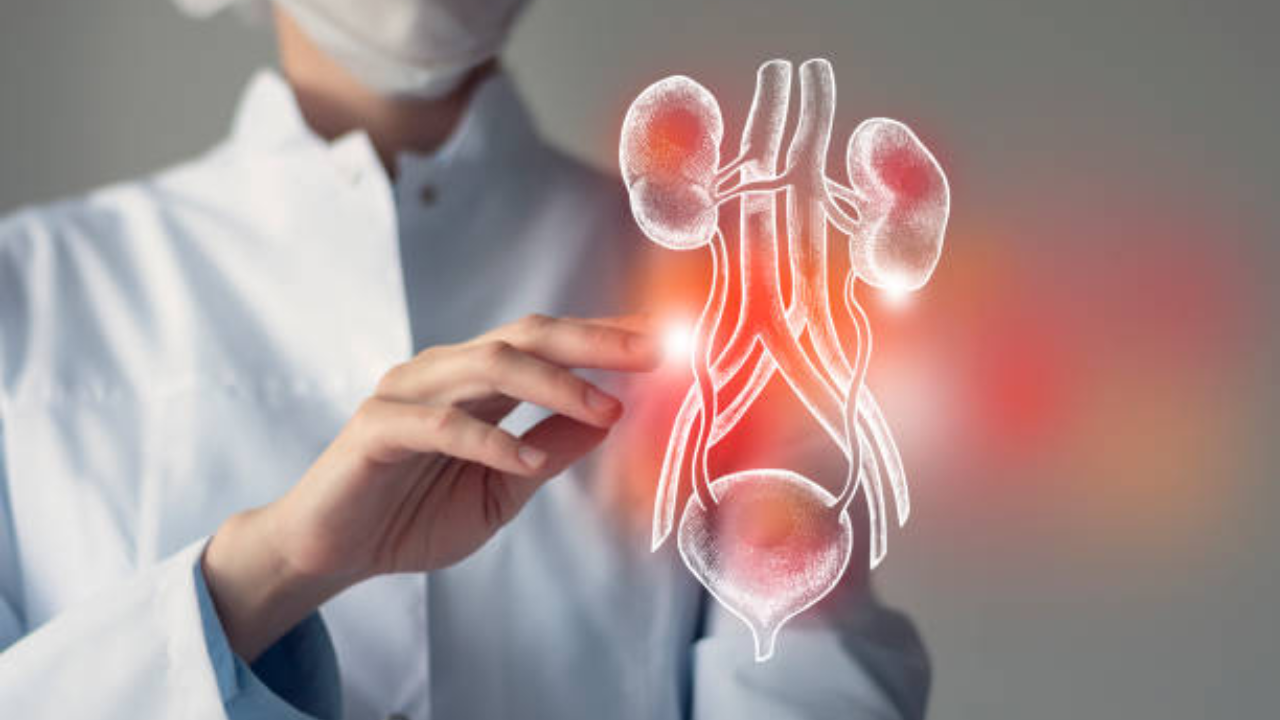If you are at risk, limit sodium to a maximum of <2,000 mg/day.
Choose fresh, whole foods instead of pre-packaged meals.
Drink water (not soda/energy drinks).
If you already have impaired kidney function, watch your protein consumption (especially animal protein).
Maintain healthy blood sugar and blood pressure levels.
Limit your phosphorus intake (if you eat a poor diet) from food additives (i.e., look at all food labels).
Regular blood or urine samples are used in clinical practice to detect the majority of the early indicators of kidney strain. For this reason, it is crucial to approach dietary changes as a preventative measure. Despite their deliciousness and convenience, many common American diet staples may be slowly depriving you of kidney health! Generally speaking, kidneys don’t complain until they have already suffered significant harm! Before it’s too late, let us take care of and nourish our kidneys!
Dr. Naveen M Nayak, Consultant – Nephrology and Renal Transplantation
Apollo Hospitals Sheshadripuram, Bengaluru
